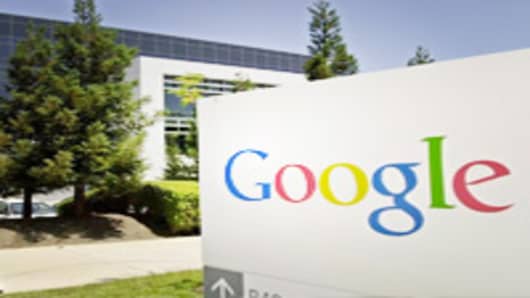Let's step back a moment and look at what Google is trying to do.
It first proposed digitizing books in 2003. Nobody objects to in-print books, where revenues may be shared with copyright holders or methods set up to let them opt out. Neither is there a problem with digitizing books no longer under copyright – which only includes books over a hundred years old.
The long-standing problem has been millions of books that are no longer in print but may still be under copyright. Nobody buys these books any more, simply because they cannot be found anywhere but in libraries and used book stores.
Even Amazon.com can't get the vast majority of them. Worse, in the vast majority of cases, nobody knows who owns the copyrights anymore. Google proposed letting anyone who owned a copyright to come forward and opt out of the program. But publishers wanted Google to spend millions of dollars to find the copyright owners, a laborious process that could never be completely successful.
The real stumbling block has been that book publishers have been afraid that Google will make money off these books and they won't – although they would never be able to make any money without Google Book Search or a similar project either. So they filed suit, but reached a settlement with Google in October 2008.
In that settlement, Google agreed to create a not-for-profit Books Rights Registry that would try to find copyright holders, maintain a listing of their rights, and allow them to opt in or out. It would also put $125 million into a fund that would be used to compensate authors and publishers for any money Google receives, likely to mostly be from advertising. Google CEO Eric Schmidt told me that he thought that deal was a “no brainer” and would be easily acceptable to all parties.
But now Google is being accused of setting up a monopoly, despite the fact that anyone else who wants to spend millions of dollars scanning books and reaching a similar deal with publishers – such as Microsoft, Amazon.com and Yahoo – has every right to do so.
Regulators are concerned that the deal would allow Google and publishers to set prices without competition. Libraries are concerned about getting free access to the books and the Registry. Privacy advocates, such as the American Civil Liberties Union, are worried about Google having knowledge of what books people are looking at, although they don't seem to mind the amount of information Amazon.com collects on book searchers and buyers.
Are these fair criticisms?
Lawyer Reback says that Google has a monopoly on search and that, like Microsoft a decade ago, it is using that monopoly to gain unfair advantage over other products, in this case, out-of-print books. But the issue remains that, without such a deal, nobody would have access to these books. Authors get payments that they could never have received otherwise. As a book author, I can assure you that the vast majority of books never provide any revenues beyond the advance they got for writing the book before it is ever published.
The real opposition is that the companies that compete with Google don't want the competition from Google Book Search, and don't want to pay to get in the game, as Google has. Since the deal between Google and the publishers is not exclusive - the usual criterion for determining a monopoly violation—the monopoly complaints are not worth the paper they're printed on.
I happen to be strongly in favor of the settlement. Right now the Justice Department is trying to reach a compromise with Google that addresses the concerns. Let's hope that is successful, although even that is not likely to stop the complaints and lawsuits. But, in the end, the Google Books project will have one overwhelming effect if it is allowed to go through: Dramatically increasing the amount of knowledge available to the world. What's wrong with that?





